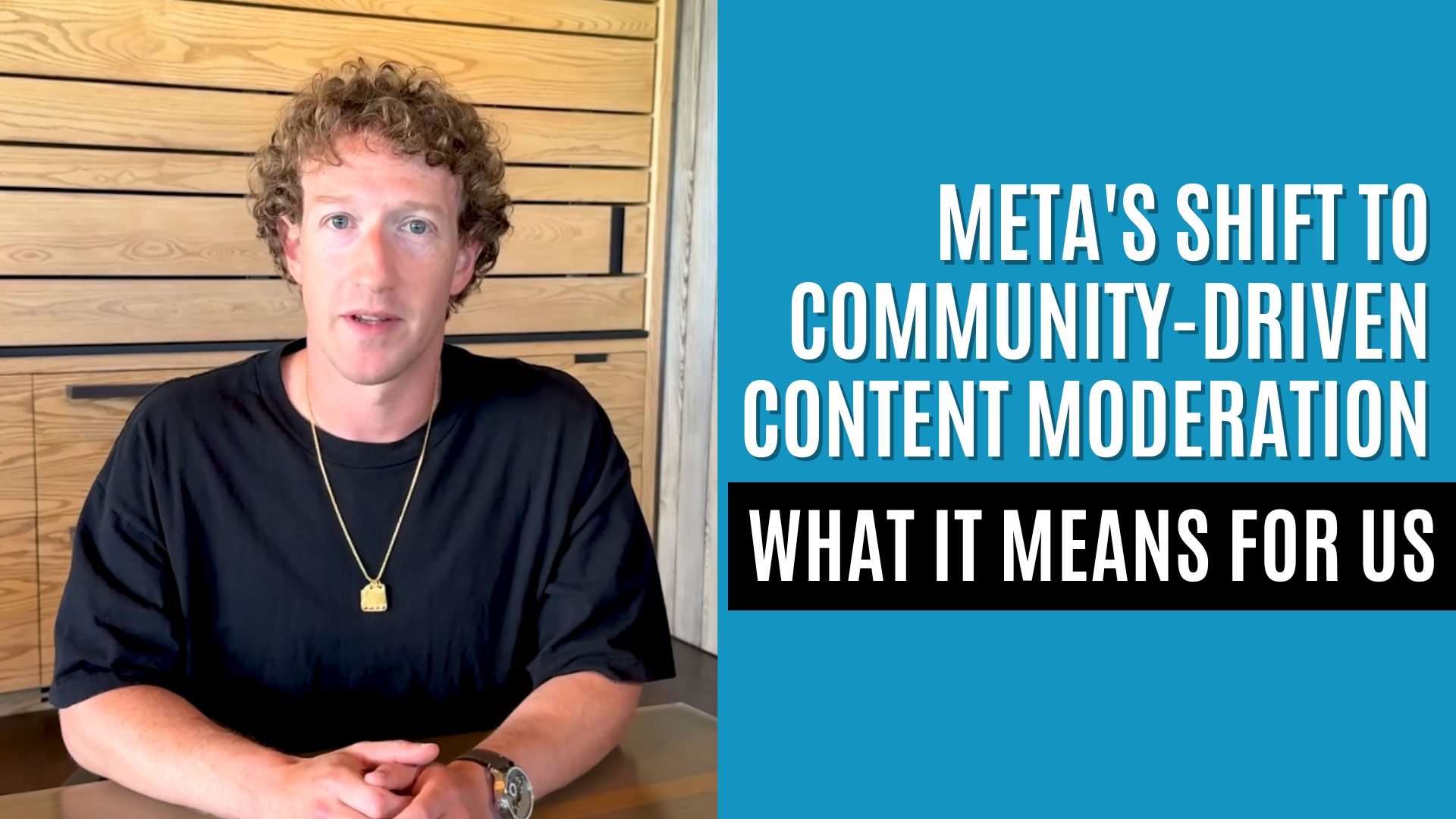Meta’s recent announcement to end its partnership with third-party fact-checkers in favor of a "community notes" system signals a significant shift in the way social media platforms handle content moderation. CEO Mark Zuckerberg’s decision, framed as a move toward prioritizing free speech and reducing censorship, has already sparked widespread debate.
The change means that instead of relying on fact-checking organizations to verify the accuracy of content, Meta will implement a user-driven approach similar to Elon Musk’s model on X (formerly Twitter). Proponents argue this could democratize moderation, allowing users to provide context and corrections directly. Critics, however, worry it will lead to a surge in misinformation, given the varying levels of expertise and intentions among users.
This decision doesn’t exist in a vacuum. Zuckerberg pointed to the return of Donald Trump to the White House and a broader cultural shift as key influences on the change. Meta also plans to reintroduce more political content into user feeds—reversing previous efforts to limit such material due to user complaints of stress and polarization.
The trade-offs are stark. By scaling back automated moderation systems, Meta aims to reduce errors that wrongly flag or remove innocent content. However, this also means the platform will catch fewer harmful posts. Zuckerberg himself admitted this balance is imperfect: “It means that we’re going to catch less bad stuff, but we’ll also reduce the number of innocent people’s posts and accounts that we accidentally take down.”
Additionally, the move to eliminate restrictions on controversial topics like immigration and gender identity raises questions about how effectively community-driven systems can maintain civility in discourse.
As users, we’re left to wonder: how will this impact our experience on platforms with billions of users? Will it foster a space for diverse voices or amplify chaos? As Meta leans further into decentralization, the responsibility falls on all of us to shape the conversation—both for better or worse.

